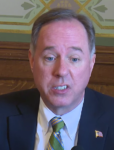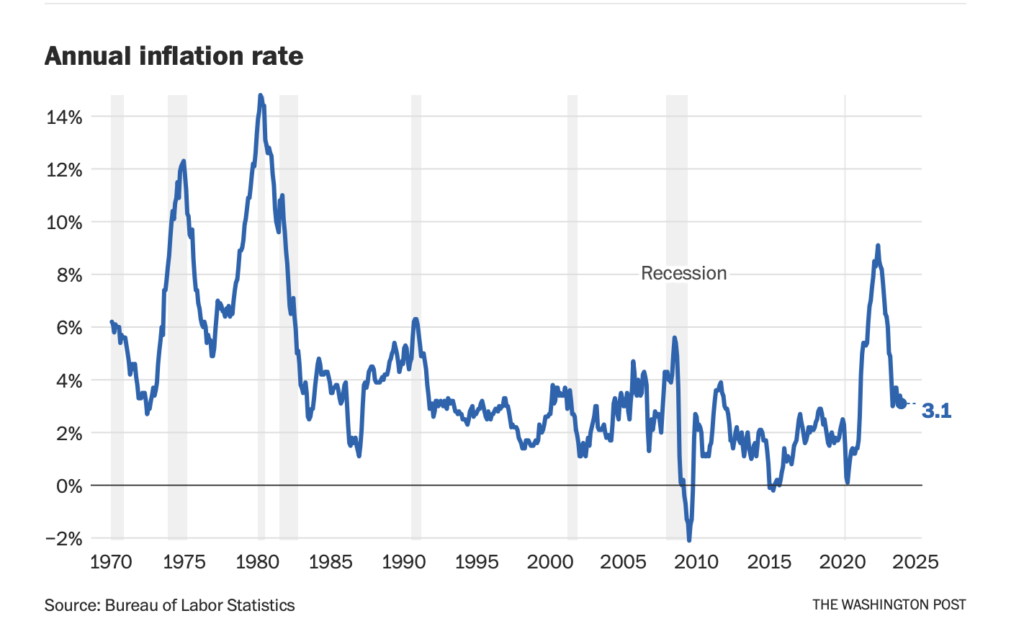Good morning.

Valentine’s Day and Ash Wednesday in Whitewater will be mostly sunny with a high of 45. Sunrise is 6:52 and sunset 5:25 for 10h 32m 57s of daytime. The moon is a waxing crescent with 28.4% of its visible disk illuminated.
On this day in 2018, a shooting at Marjory Stoneman Douglas High School in Parkland, Florida is one of the deadliest school massacres with 17 fatalities and 17 injuries.

Baylor Spears reports Legislature adopts Evers’s maps in second attempt to choose before state Supreme Court (‘Most Democrats vote no, saying they don’t trust Republicans’):
Six parties submitted maps to be considered and consultants recently said that the two sets of legislative maps submitted by Republican lawmakers and the conservative Wisconsin Institute for Law & Liberty (WILL) amounted to more partisan gerrymandering.
The consultants did not pick a preferred map, but said the other maps, including Evers’ submission, were “nearly indistinguishable.” Those proposals have been projected to reduce Republican control of the Legislature from its current near-supermajority status
Republicans lawmakers have found Evers’ maps, which would likely keep a Republican majority, although a smaller one, in the Legislature, preferable to the other submissions before the state Supreme Court.
“Republicans were not stuck between a rock and a hard place,” Sen. Van Wannggard (R-Racine) said in a statement about the vote. “It was a matter of choosing to be stabbed, shot, poisoned or led to the guillotine. We chose to be stabbed, so we can live to fight another day.”
….
Vos, who was the only representative to speak during the floor session, also rejected the idea that the move was a legal strategy.
Ahead of the floor sessions, some Democrats expressed concerns that Republicans wanted to pass Evers’ maps and then back a federal legal challenge before Republican-nominated U.S. Court of Appeals Judge Diane Sykes, formerly a conservative justice on the Wisconsin Supreme Court. Such a challenge “could ultimately keep the state with its current gerrymandered maps, Democrats told the progressive news platform Democracy Docket.
“If we get these new maps, the governor’s maps, signed by the Republicans, it’s more than likely that there’ll be a challenge in the 7th Circuit Court,” U.S. Rep. Mark Pocan said over the weekend. “We’re fearful the Republicans are finally trying to come around to do what they should have done in the first place, but they’re doing it with — I guess the technical term would be ‘with sh-t-eating grins on their faces.’ We can assume that this is not done because of the idea of good government.”
Evers’s maps would be an improvement, but Vos’s trustworthiness is discernible only with an electron microscope. Delays in Evers’s maps, either as implementation within the legislation or by litigation against implementation, would be objectionable.
Vos does objectionable quite well.
Note to the special-interest men (movers & shakers, lobbyists, p.r. men, whatever) in Whitewater: looking up to Robin Vos is like looking up to the pigeon that’s gonna relieve itself on a car. Normal people do not respect the men, or the pigeons, who do that.
Ukraine’s forces claim to have destroyed a large Russian landing ship in the Black Sea:

